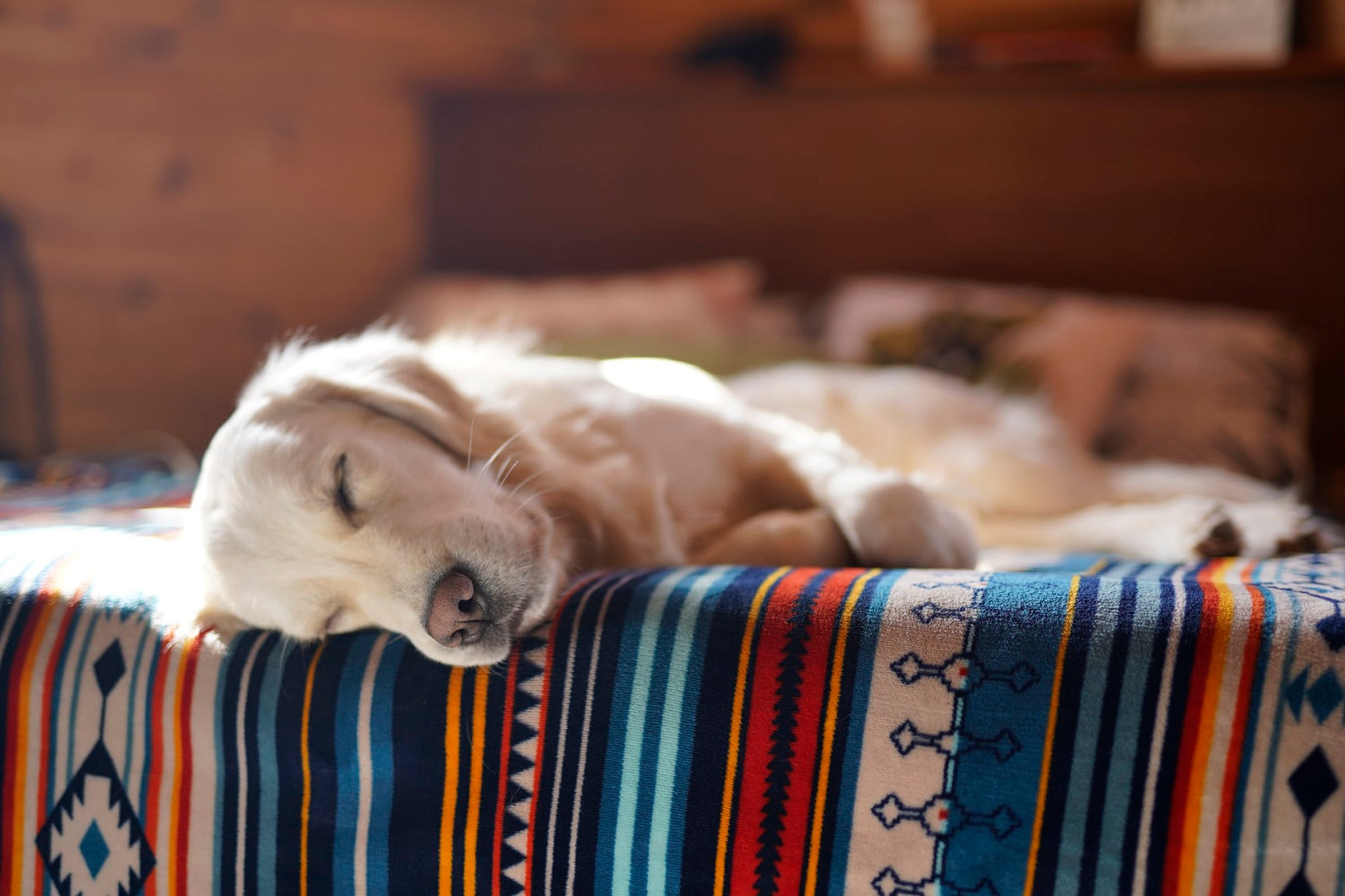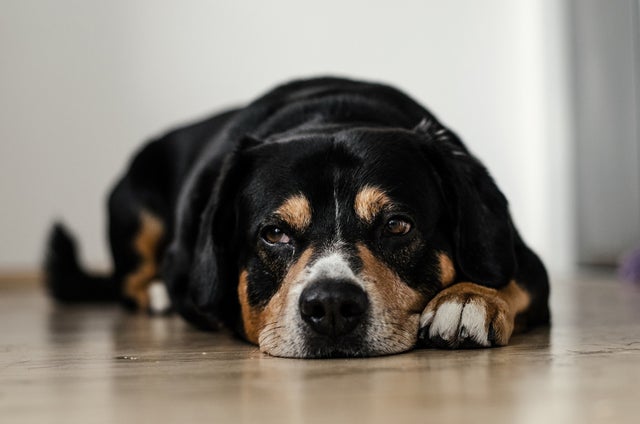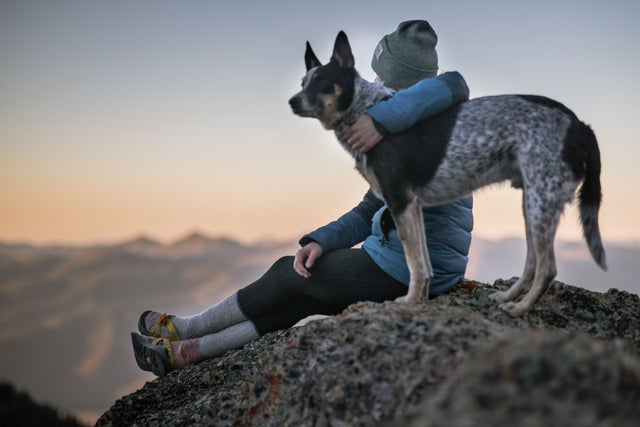You may wonder how your dog’s cancer diagnosis will change their lifestyle and behavior. Here are answers to some common questions.
1. Will my dog lose their hair?
Because chemotherapy treatment in humans causes hair loss, it’s normal to wonder if it has the same effect on dogs. One main difference between human hair and dog fur is the rate at which it grows. Hair is continually growing, so when chemotherapy attacks cancer cells in humans, it also kills hair follicle cells and stops hair growth. Most dogs, on the other hand, have fur with inactive follicles. This means that their fur is not continuously growing, so cancer treatments have no growth to inhibit. Some dog breeds have hair instead of fur, so they do have continuous hair growth and may be at risk for some hair loss during treatment. If they do experience hair loss, it will not be as extreme as that of humans.
2. Does my dog need more sleep?
If you notice your dog sleeping more than usual, this is normal for dogs with cancer. Your dog’s body is working hard to fight disease and may experience an extreme decrease in outward directed energy. Although treatments for cancer vary, many of them list lethargy as a common side effect. Your dog may also experience nausea or lack of appetite as a side effect of treatments. Along with their body focusing its energy on fighting cancer, dogs also have less energy when they don’t eat enough. This can contribute to their need to sleep more.
3. Can I still play with my dog who has cancer?
Although your dog’s cancer may change their energy levels, they still have the urge to play. Cancer takes a toll on a dog’s body, but their playtime is important to their quality of life. They may move slower and not be as active as they used to be, but low to moderate activity can be healthy and relaxing for them. This playtime also strengthens your bond with them. As a pet owner, you should be cautious and gentle when playing with your dog who has cancer, and you may want to consider modifying playtime for their comfort.
4. Should I let my children play with them?
Children may have difficulty coping with their dog’s cancer diagnosis and there are many ways you can help them. It is important to help children understand what is happening and let them help care for your dog. Having your children gently play with your dog can be beneficial for everyone’s happiness during this hard time.
5. How do I know if my dog is in pain?
When a dog has cancer, they experience many physical changes in their bodies. Many dogs have the natural instinct to mask their pain, and they cannot vocalize their feelings. These signs can be physical, such as limping and panting, or behavioral such as self-isolation and lack of appetite. As their owner, you are their spokesperson to your veterinarian and oncologist, so it is important that you be on the lookout for common signs of pain.
6. Will cancer change my dog’s personality?
While cancer may take a toll on your dog, remember that this disease is only a part of who they are. They may still love playtime, just in shorter sessions. They are still just as excited to see you when you come home, but it might take them longer to stand up to greet you. However, you may notice some behavioral changes. One of the most common personality changes seen in dogs with cancer is anxiety. Between driving to veterinarian appointments, receiving treatment, and the differences in their body and environment, the changes in a dog’s life may make them anxious. There are many ways to help your dog with anxiety, including essential oils, supplements, exercise.
Your dog’s cancer diagnosis is overwhelming. Continue researching and asking questions of your veterinarian and oncologist about any concerns you have. They are here to help you during this time.




